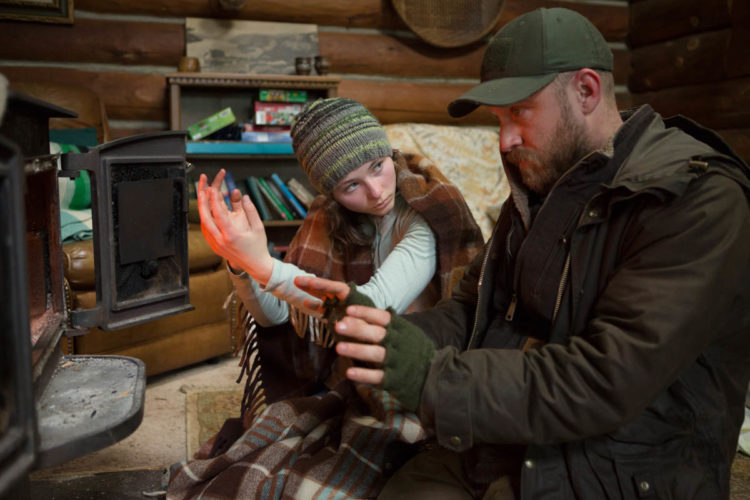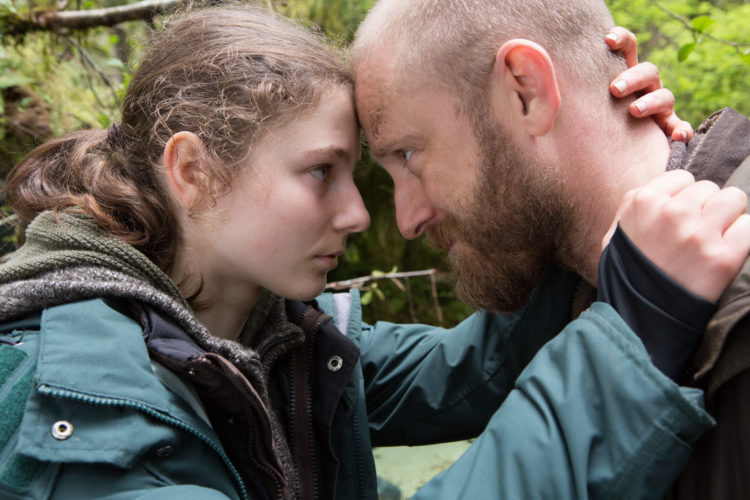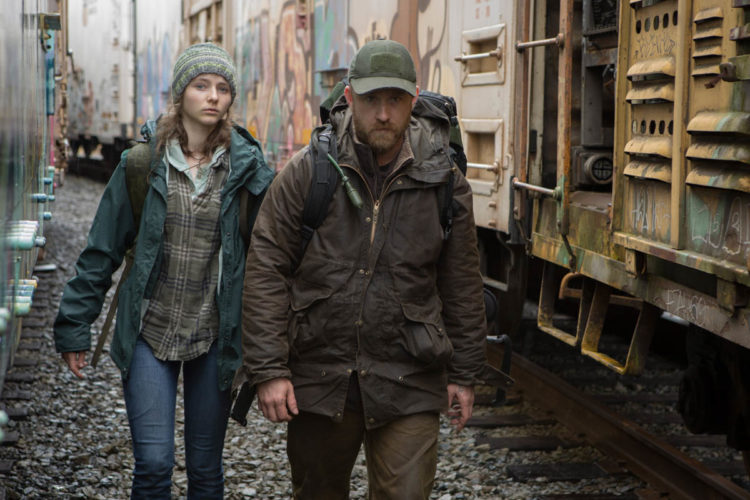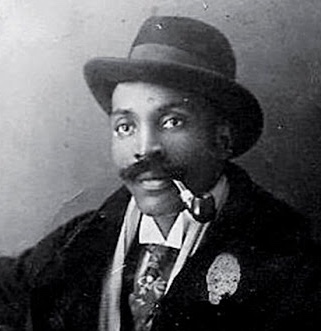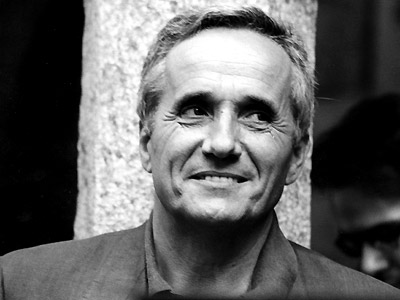Leave No Trace
As many struggle to understand the roots of the rise of populist political figures in both Europe and America they should perhaps look no further than Debra Granik’s extraordinary follow-up to her Oscar nominated debut Winter’s Bone, starring Jennifer Lawrence. Her latest film Leave No Trace takes a sympathetic look at the lives of those who live “off the grid”, a term used for those who have turned their backs on our increasingly globalized society which in its embrace of globalization has pushed thousands to the margins. Leave No Trace chronicles the lives of those left behind, those who once gone will leave no trace.
The genesis of the film is a true life case of a father and daughter who lived in Portland, Oregon who were discovered to have been living for four years in the nature reserve which borders the city’s downtown area. The daughter was tested by local authorities and although she appeared not to have attended school she scored well above her age and was articulate and well cared for. Once found the father and daughter were relocated to a horse farm by the local authorities and the father was given a job. The pair soon disappeared though, and were never heard from again. Debra Granik’s film is a fictionalized account of what happens to the father and daughter after their encounter with the outside world, as well as an imagined look at their daily lives before they were found. The film does not in any way pass judgement on the father’s choices but simply seeks to explain them.
Set in the country’s Pacific North rim and based on a novel by Peter Rock, which in turn was inspired by this true life story, the film continues Granik’s quest to tell the stories of those marginalized by society. Those who cannot find a place or choose not to accept the one they are relegated to.
The early scenes of Leave No Trace imagine what daily life might have been like for Will and his daughter Tom and as depicted in the film it at times seems idyllic. It is also a useful reminder of how much in the course of our daily lives we waste. Will and Tom appear to get by on so very little but yet they appear to be completely happy. This idyll though is somewhat undermined by the daily drills we see them carry out, drills which the film suggests Tom has been forced to do from a very young age. Drills to ensure the pair evade capture. Of course though they are eventually discovered, when a visitor to the park stumbles upon them and we then see the consequences of this accidental encounter as society now intervenes and tries to decide what is best for the pair.
Leave No Trace is Granik’s third feature film and it seeks to ask an important question, which is what happens to those whom society rejects? There are scenes which suggest Will’s military background and the scars it has left, as we see him cower when a helicopter flies overhead. We also see him bringing medication to other military veterans who are living rough in the same national park. They though appear to be there out of necessity, highlighting the fact that the majority of America’s homeless are former military veterans, while Will and Tom’s reasons appear to be more complex. The film suggests that one of the reasons they are there is simply because the father has chosen to reject conventional society and seek a different way of life. The film also hints that perhaps this isn’t completely a free choice but the result of a form of post traumatic stress, a psychological illness which means a settled life for Will is simply no longer an option.
Some of the most uncomfortable scenes in the film are those which occur after the pair have been discovered and Will tries (or at least gives the appearance of attempting to try) to fit into what is expected of him by the local community. He takes his daughter to the local town’s Sunday church service, obviously at the behest of his employer, who wants the pair to now conform. But although the father is physically present, you cannot help but feel that his mind, his true self, is somewhere far away, wandering in the nature reserve which for him is much more his true home.
The emotional closeness between Tom and Will is very much at the core of this movie. You are in no doubt that the choices Will makes are based on his unconditional love for his daughter. And yet there are times when one feels that Tom, the daughter, is the true grownup in this relationship. Sensing her father’s emotional illness you watch her prematurely age and become the stronger one of the pair. Granik says of her film “I’m drawn to the way old stories depict close relationships in which people complement and complete each other. The characters in this story look out for each other and also pollinate each other’s mind. In this parent-child relationship, Tom has learned to be the adult at times, because her father deals with huge psychiatric vulnerabilities. He, in turn, is trying to teach her everything useful he knows.” In speaking about Leave no Trace Granik often refers to the Shakespearean plays where characters are forced to flee their homes and find a freedom in the forest they retreat to, a freedom they cannot find in the communities in which they live.
Will and Tom eventually come to a fork in the road where they have to decide if the way of life Will’s post traumatic stress has relegated him to is in fact right for his daughter. It would be churlish to disclose the choice they both make but perhaps it’s not surprising that given they are each such strong individuals they ultimately individually choose what’s right for them.
Leave no Trace tells the story of those our society has in many ways let down. I feel we ignore them at our own peril.
FORMIdea London, 14th August 2018.
